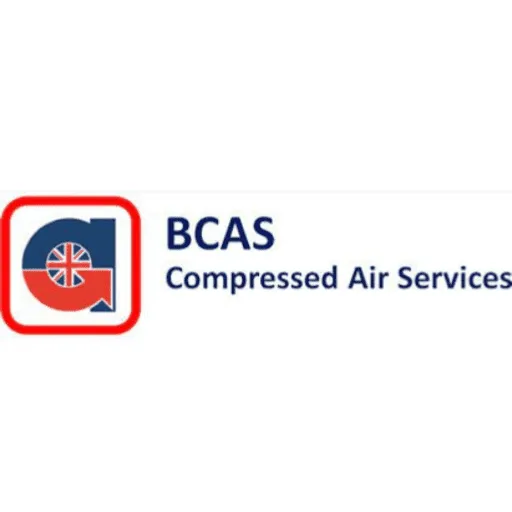Laying off employees can prevent an employer from having to make redundancies following a temporary downturn in business. However, you can only make lay-offs when legally entitled to do so. Here, our expert HR professionals explain what lay-offs are, when you might want to make lay-offs, and how to lay off employees legally.
Call us now on 01491 598 600 or Click Here to Make An Enquiry and we will be delighted to help you.
What Are Lay-Offs?
Lay-offs involve an employer asking an employee to temporarily stay at home or take unpaid leave because there is not currently enough work for them. A lay-off lasts for at least one working day.
When Might You Want To Lay-Off An Employee?
Employers usually lay off employees when they don’t have enough work for them but hope to navigate the business through the issue and expect the lack of work to be temporary. Lay-offs can be a useful alternative to having to make redundancies. However, if the downturn isn’t temporary, you may have no option but to consider making redundancies.
How Do Lay-Offs Differ From Short-Time Working?
Employees often confuse lay-offs with short-time working, but they are different concepts. Lay-offs involve an employee being asked to stay at home for at least one working day. Short time working is when an employer asks an employer to work less than the hours they are contracted for.
When Can You Lay Off An Employee?
You can only lay off an employee if you are legally entitled to do so. You may have a contractual entitlement to make lay-offs due to:
- An express provision in the employee’s contract of employment
- A national industry agreement
- A collective agreement between your organisation and a trade union
You can only rely on a national or collective agreement if they are included in the employee’s contract of employment.
You may also be entitled make lay-offs if:
- You can point to clear evidence that lay-offs have been widely accepted within your business for a long time
- The employee agrees to you changing their contract of employment to allow you to lay them off
If you’re unsure about your legal entitlement to make lay-offs, you should take expert advice from HR and employment law specialists like us. Getting it wrong can have a catastrophic impact on staff morale and expose you to tribunal proceedings.
How Long Can Lay-Offs Last?
There are no time limits on how long a lay-off can last. However, an employee is entitled to make an application for redundancy and claim statutory redundancy pay if you lay them off for a prolonged period. A prolonged period is classed as:
- Four or more consecutive weeks
- Six or more weeks over a 13-week period
How Much Do You Have To Pay To Laid Off Employees?
Employees are entitled to full pay during lay-offs unless their contracts provide otherwise.
If an employee’s contract states “We reserve the right to lay you off” then they receive Statutory Guarantee Pay (SGP). If their contract does not state this, then it’s a breach of contract, meaning the employee is entitled to receive full pay.
The maximum Statutory Guarantee Pay is £38 per day for five days in any three-month period. If the employee usually earns less than £38 per day, then they will receive their usual daily rate. Part-time employees will have their entitlement calculated as a proportion of their hours.
Statutory Guarantee Pay is applicable to employees who fulfil the following criteria:
- They have been employed continuously by you for at least one month
- They reasonably ensure they’re available to work if you ask them to
- They do not refuse any reasonable offer of alternative work
- They have not been laid off as a result of industrial action
How To Lay Employees Off Legally
Any lay-offs you make must be fair. You cannot select the employees to lay-off based on any of the following characteristics:
- Age
- Disability
- Gender reassignment
- Marriage or civil partnership
- Pregnancy or maternity
- Race
- Religion of beliefs
- Sex
- Sexual orientation
You should communicate with affected employees during the lay-off process. It’s a good idea to hold lay-off meetings to explain what you plan to do, why lay-offs are necessary, and that you intend the measure to be temporary. Meetings aren’t a legal requirement, but they can help preserve your relationship with your staff and reduce the risk of anyone feeling aggrieved and making a tribunal claim.
If you need help with laying off employees and ensuring you follow a lawful process, speak to us. Our HR and employment law specialists routinely assist small businesses needing to make lay-offs, offering support and guidance to business owners and other relevant personnel throughout.
We will advise you on your legal entitlement to make lay-offs, as well as any applicable contractual obligations. We will ensure your selection process is fair and beyond reproach, advise you on the payments you need to make during periods of lay-off, and assist you in maintaining your relationships with the affected employees and remaining tribunal-free.
Call us now on 01491 598 600 or Click Here to Make An Enquiry and we will be delighted to help you.

























































































































